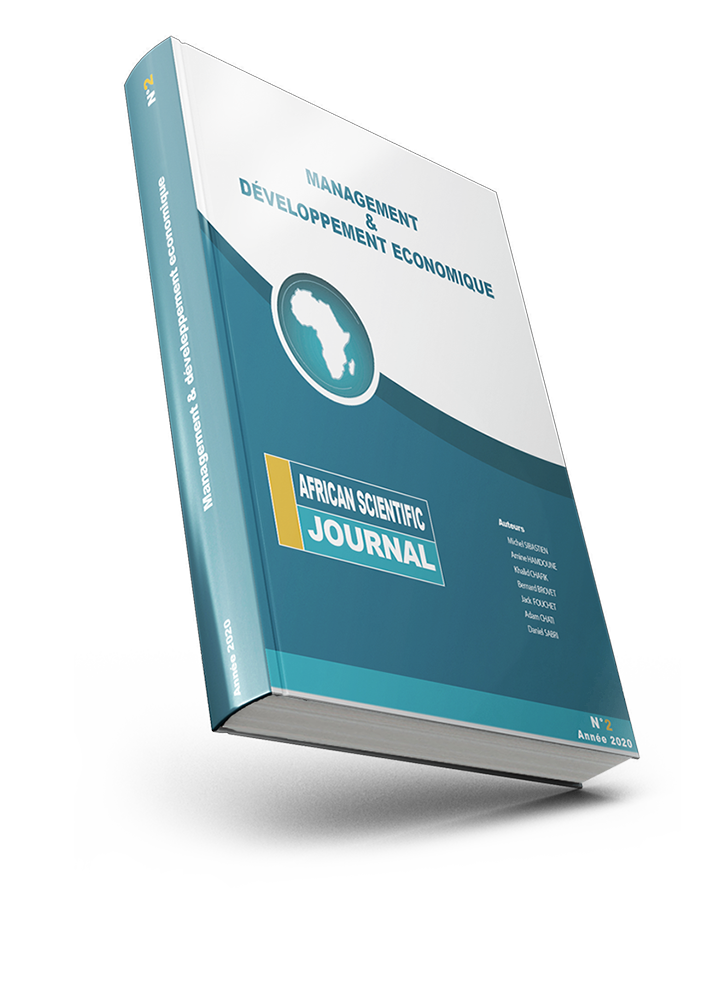Optimizing Water Use Efficiency in Arid Tunisia: An Economic Evaluation of Public Irrigated Schemes for Agricultural Development
DOI:
https://doi.org/10.5281/zenodo.7956272Keywords:
Irrigation, efficiency, DEA, Tobit model, TunisiaAbstract
This paper investigates the determinants of efficiency in the irrigated sector of an arid region in Tunisia. The study evaluates water use and technical efficiencies and identifies the factors that influence these efficiencies. Data was collected from a sample of 92 farms in irrigated areas and analyzed using data envelopment analysis (DEA) and censored regression methods. The results indicate that the average scores for water use efficiency (WUE) are 54% and 68% under constant return to scale (CRS) and variable return to scale (VRS) assumptions, respectively.
The study finds that several factors such as irrigation water turns, family mutual assistance between farmers, selecting more suitable crops, and reducing flood irrigation significantly and positively affect the level of water use efficiency. The authors conclude that promoting small-scale family farming, improving irrigation water turn, and adapting cropping systems to local conditions are necessary to enhance the efficiency of the irrigated agriculture sector.
Downloads
Published
How to Cite
Issue
Section
License
Copyright (c) 2023 African Scientific Journal

This work is licensed under a Creative Commons Attribution-NonCommercial-NoDerivatives 4.0 International License.





















